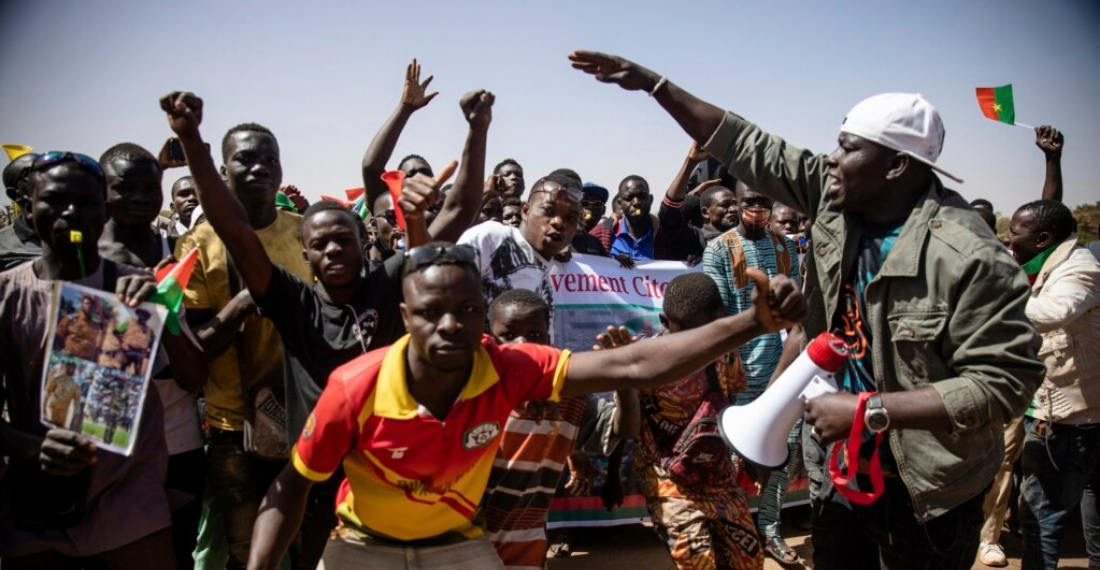The cancellation followed a series of coups in Mali and Burkina Faso, which has put into question the main European military tool in the Sahel region, the Takuba force. Task Force Takuba was created with much fanfare, and after a lot of French insistence, in March 2020 to help Mali and its neighbours in the West African Sahel fight militants linked to the Islamic State and al-Qaeda, who have taken over large parts of their territory.
The growing instability in the region, combined with the increasing unpopularity of the French military presence in the Sahel, now appears to have weakened the role and influence of the European Union in the region. Earlier this week a contingent of Danish Special forces was asked to leave immediately on its arrival in Burkina Faso, where the new military authorities claimed that its deployment was not co-ordinated with them, a claim the Danish government has strenously denied
Three days after the announcement of the coup in Burkina Faso, local and European media are still not sure about what has happened to ousted President Kaboré, adding a further complication to relations. On Wednesday (26 January) Borell called for “the immediate release of all illegally detained persons, starting with the President [of Burkina Faso, Roch] Kaboré himself", saying this was essential”, according to a statement issued by the European External Action Service.
Moreover, the presence of the Wagner Group in Mali, a significant Russian mercenary group with close connections to the Kremlin, has further complicated the French and European presence in the Sahel. Moscow has understood that as Islamist militants grew in strength in the region, local sentiment would harden against European involvement which is perceived as having failed to stop them. Yevgeny Prigozhin, head of the Wagner Group, even compared the recent coup in Burkina Faso to a "new era of decolonisation", a reference to the French colonial past in the country.
In the same statement last night, Borell expressed "major concern following the proven deployment of Russian mercenaries in Mali”, highlighting the “significant risks that this poses to the civilian population”, before recalling that the methods of operation of this group were "incompatible with our collective efforts in favour of security and development".
In recent days, Russia’s growing influence has become apparent by Burkinabe coup supporters’ hoisting of the Russian tricolore, seen as an act of defiance against European and French influence in the region.
Regarding the Danish troops in Mali, the European representatives of the states contributing to the Takuba Task Force issued a joint statement on Wednesday evening condemning the junta's position: “We, the international partners committed to supporting Mali and its people in their efforts to achieve sustainable peace and stability and combat terrorism, deeply regret the statement by the Malian transitional authorities {…} alleging that the deployment of the Danish contingent in the Task Force Takuba has been made without a proper legal basis and consent from the Malian government”, wrote the fifteen states, whilst further calling on the Malian authorities to “quickly remedy to this situation”.







